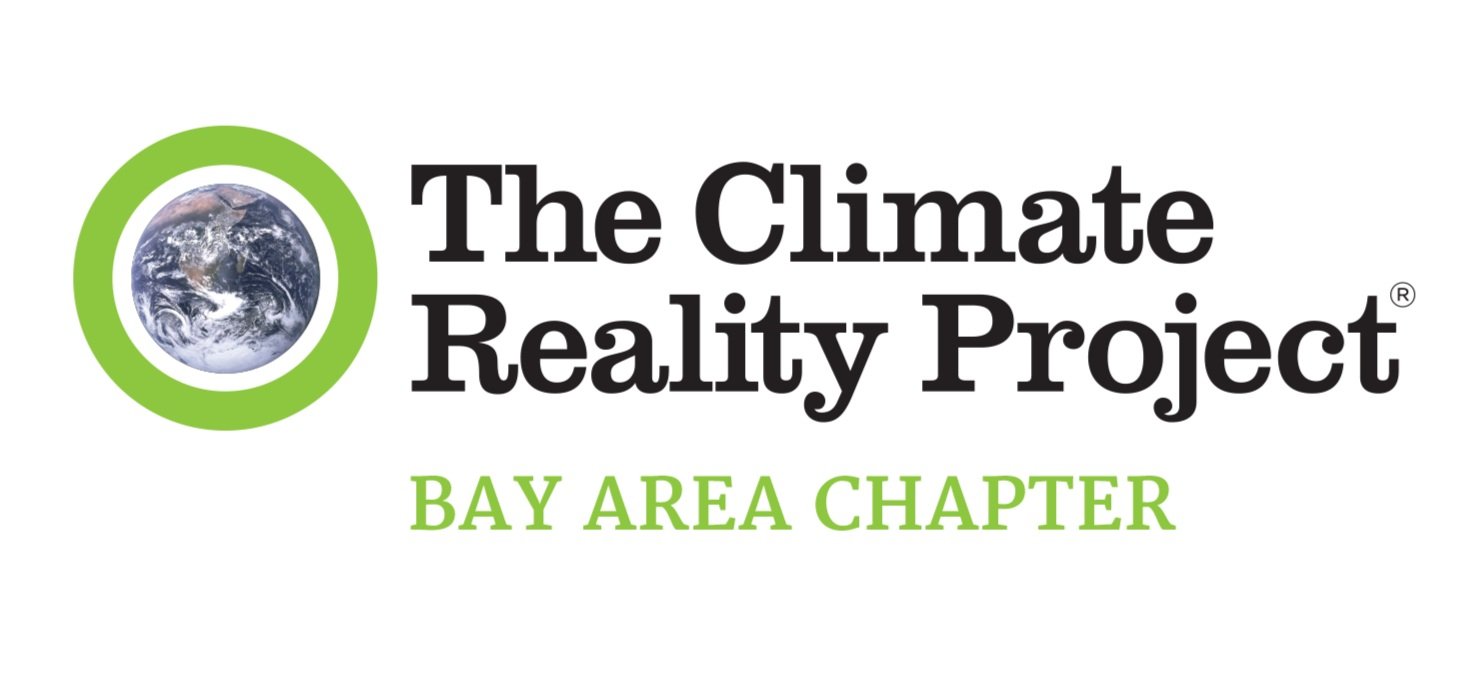ENDING HOMELESSNESS IN THE SILICON VALLEY
You may think homelessness would never happen to you. You have a good trade – you are a plumber, an electrician, a financier, a teacher. But then you get injured, and because you were just getting by, you find yourself without a home or place to live.
This is true for around 7,000 people in Santa Clara County—home to many tech giants, including Cisco Systems, Apple and Google. Santa Clara County has the 3rd highest rate of chronic homelessness in the US, and yet it is one of the wealthiest.
Climate change has a direct impact on the health of the homeless in several ways:
Increased heat waves
Increased air pollution
Increased severity of floods and storms
Changing infectious disease vectors
Last year, Apple committed $2.5 billion to combat the housing crisis in California. Google has committed $1 billion tin support of affordable housing in the Bay Area alone. Cisco is working together with Destination: Home to provide housing for both individuals and families as well as sustainable support systems to ensure long-term success.
Over the next five years, Cisco’s financial and leadership support will enable:
Acquisition of land and production of supportive housing
Pioneering technology to improve services for the homeless
Exploring and piloting innovative strategies to prevent homelessness.
Destination: Home has provided prevention assistance to over 500 households and facilitated the development of 290 supportive housing units. Over the next eight years, Destination: Home will support the goal to create 6,000 homes on its journey to end homelessness in the Silicon Valley.
Homelessness and COVID-19
The state of California took action to house the homeless during the COVID-19 pandemic, as encampments do not have the luxury of socially distancing, nor the ability to maintain health protocols like washing your hands:
Project Roomkey was introduced this past Spring as a temporary solution to reduce the potential spread of the virus. To date, more than 22,000 homeless have been living in hotel rooms throughout California. In the Bay Area’s nine counties, there are over 3,300 homeless individuals and families being housed in local hotels as of the end of July.
Project Homekey—the evolution of Project Roomkey—was announced in June of 2020. “Under the Homekey program, counties will partner with the state to acquire and rehabilitate a variety of housing types: hotels, motels, vacant apartment buildings, residential care facilities, and other tiny homes.”
With the current state of pandemic continuing to accelerate, we need to ensure housing for the homeless in the Bay Area can continue for the foreseeable future.
